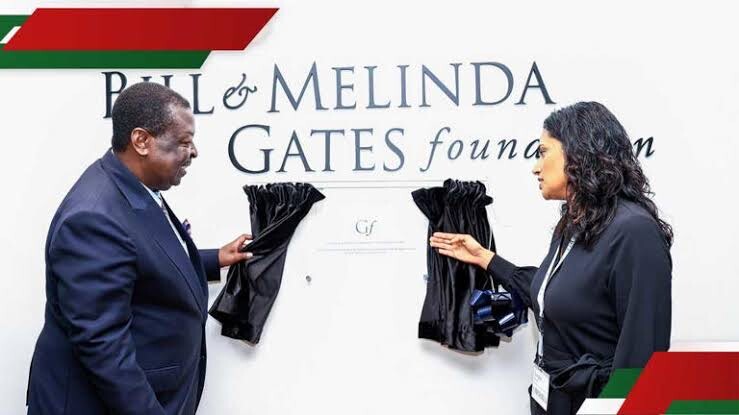The Bill & Melinda Gates Foundation is preparing to introduce a groundbreaking contraceptive in Kenya, the first of its kind in the world, designed to prevent pregnancy for up to eight years.
The innovation, developed in partnership with global health researchers and pharmaceutical experts, aims to offer women a safe, long-term, and reversible birth control option. According to preliminary reports, the contraceptive will be a small implant inserted under the skin, releasing hormones gradually over its lifespan.
Kenya has been selected as one of the first countries to roll out the device due to its ongoing efforts to expand reproductive health access and tackle challenges such as unplanned pregnancies and limited contraceptive options in rural areas.
Representatives from the Gates Foundation have emphasised that the project is part of their wider commitment to improving family planning choices for women, particularly in low- and middle-income countries where access to healthcare can be limited.
The innovation, developed in partnership with global health researchers and pharmaceutical experts, aims to offer women a safe, long-term, and reversible birth control option. According to preliminary reports, the contraceptive will be a small implant inserted under the skin, releasing hormones gradually over its lifespan.
Kenya has been selected as one of the first countries to roll out the device due to its ongoing efforts to expand reproductive health access and tackle challenges such as unplanned pregnancies and limited contraceptive options in rural areas.
Representatives from the Gates Foundation have emphasised that the project is part of their wider commitment to improving family planning choices for women, particularly in low- and middle-income countries where access to healthcare can be limited.

Health experts in Kenya have welcomed the development, noting that a long-lasting contraceptive could reduce healthcare burdens, improve women’s economic participation, and give families greater control over their futures.
The 8-year contraceptive is expected to be made available at select clinics and through public health programmes after regulatory approval and final safety assessments are completed.
If successful, the innovation could redefine global family planning, offering women unprecedented control over their reproductive health.
The 8-year contraceptive is expected to be made available at select clinics and through public health programmes after regulatory approval and final safety assessments are completed.
If successful, the innovation could redefine global family planning, offering women unprecedented control over their reproductive health.

